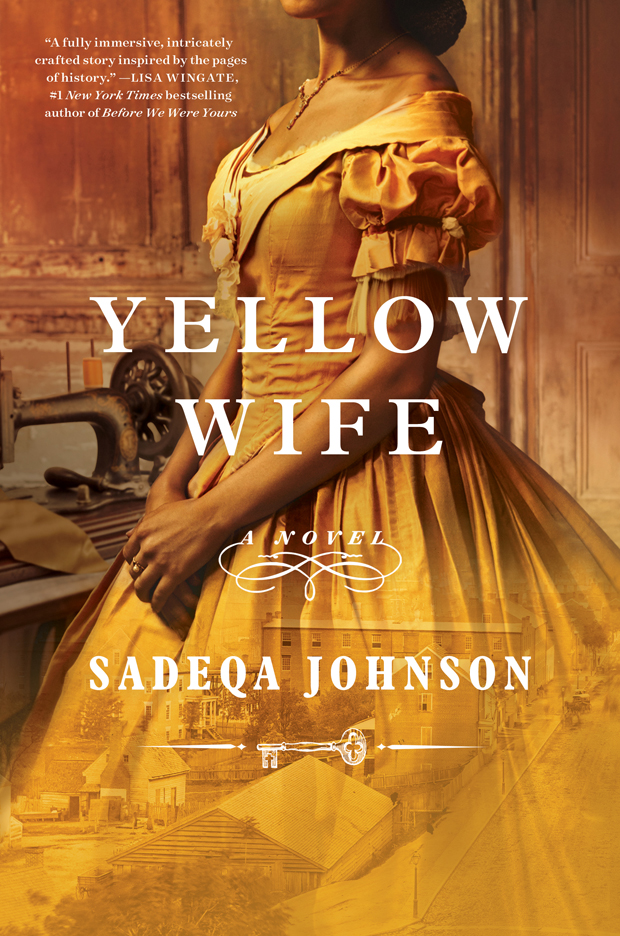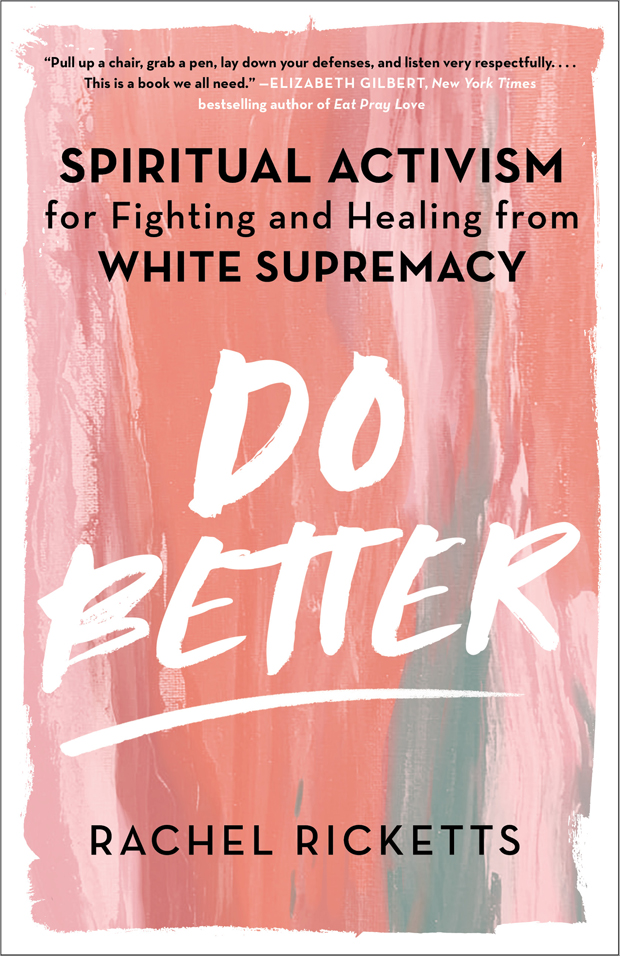A memoir, a historical novel and a ‘spiritual activism’ self-empowerment guide are our must-reads this Black History Month and beyond.
If you purchase an independently reviewed product or service through a link on our website, we may receive an affiliate commission.
If you’re looking for a good book to read this Black History Month, we’ve found three that demand attention. Each one is thought-provoking and penned by a strong female author with a unique voice. Surviving the White Gaze: A Memoir, Yellow Wife: ANovel, and Do Better: Spiritual Activism for Fighting and Healing From White Supremacy, provide something for everyone.
Nine months after George Floyd’s tragic, brutal death outraged a nation and sparked global Black Lives Matter protests, these must-reads explore the Black experience in America while challenging the reader to accept uncomfortable truths. Each one shines a light on White supremacy, while celebrating the richness and strength of African-American culture. Here’s why we think these three books – a memoir, a historical novel and a spiritual activist guide – are worthy of your time:
Surviving the White Gaze: A Memoir, Rebecca Carroll
What is it like to be a Black-biracial child, adopted by a White family, while divorced from African-American culture? It’s not a unique experience, but throw in a toxic relationship with a birth mother and Rebecca Carroll’s memoir leaves your heart aching for the trauma that she endured.
Adopted by a White couple and raised in rural New Hampshire in the 1970s and ‘80s, Carroll wasn’t just the only Black person in her family, she was the only African-American in her town. Her struggle to see herself reflected in her community and to be valued by her peers was only complicated by her relationship with her White birth mother whose concept of what it means to be Black in America clashed with her own.
Surviving the White Gaze is a coming of age story of a young woman, yearning to find her voice, while desiring the love and acceptance of the mother who gave her away. It goes beyond learning to love and style her curly hair and immersing herself in Black art and culture. The reader sees Carroll find her own community and the confidence to speak her truth as a Black woman even if that makes her White family and friends feel uncomfortable.

Yellow Wife: A Novel, Sadeqa Johnson
Pheby Delores Brown is a biracial slave born and raised on a Charles City, Virginia plantation, fully expecting to be freed on her 18th birthday. It was what her father/Master promised and she had no reason to disbelieve that it would come true. But, when she angers her mistress and is sold as a “fancy girl” to “live out” her life as a “whore,” she is slapped with the full, dehumanizing reality of slavery.
The former house slave witnesses children separated from mothers, people transported in conditions unfit for animals, chained, half dead, barely fed, beaten and forced to exist in their own waste. But it’s Pheby’s ability to carve out a new existence for herself as the “yellow wife” of a White jailer and slave trader that offers a unique insight into slavery.
Inspired by a real-life slave jail, Yellow Wife is a gripping novel that, yet again, illustrates the unspeakable sacrifices that African-Americans had to make to survive slavery.

Do Better: Spiritual Activism for Fighting and Healing From White Supremacy, Rachel Ricketts
If you’re looking for an easygoing, self-help guide to how to conquer White supremacy, Rachel Ricketts’ book is not it. Written by the racial justice educator who has helped brands like WeWork and Google address racism, it’s an unapologetic look at how White supremacy affects Black people and people of color in all areas of life – physically, mentally, economically, generationally.
“Directed primarily to, though not for, White women+,” Ricketts interweaves her own, personal experience as a “queer, multiracial Black woman” with statistics illustrating the real-world harm that racism causes.
At the end of each chapter she includes worksheets, guidance and meditation on how to process the trauma of racism (spiritually and physically) and how all races can have uncomfortable conversations about how to move forward and heal.
“Here’s the tea,” she writes, “racial justice starts with you and it starts within. There can be no genuine outer shift unless we get right with ourselves first and racial justice requires a major collective upheaval.”
